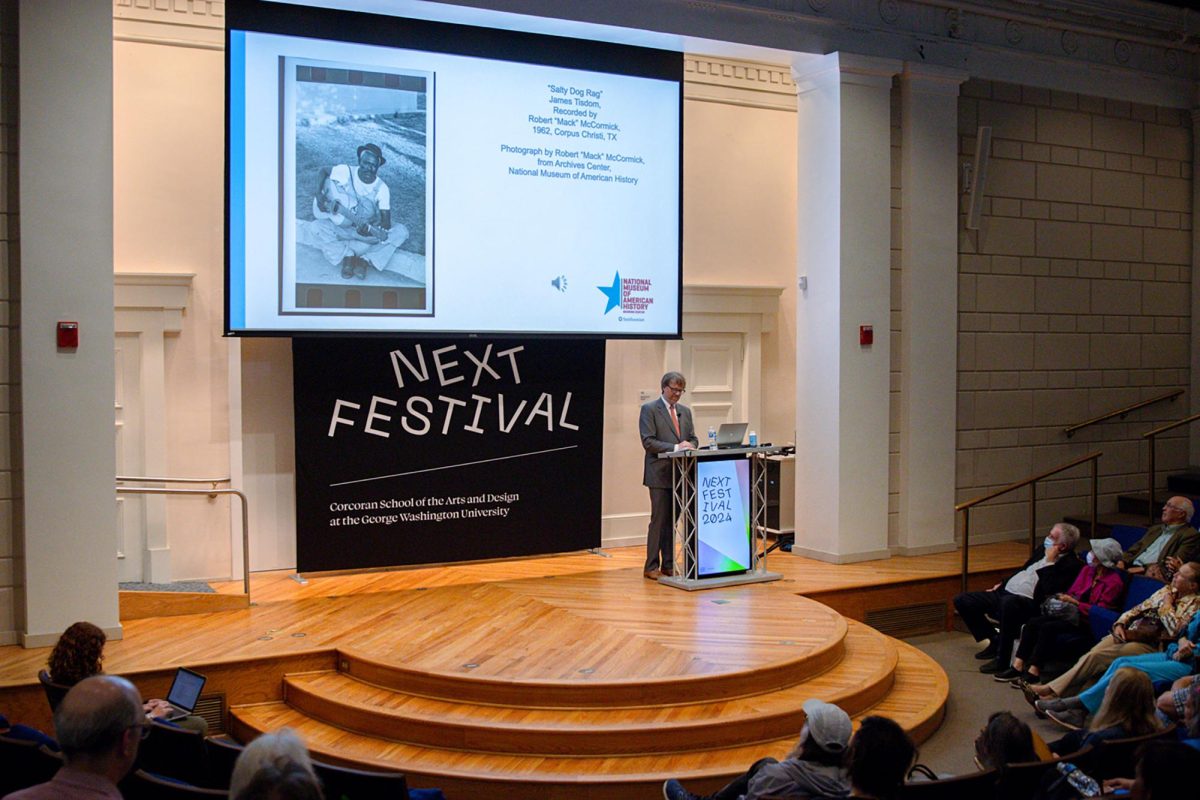A GW researcher will lead a study on sudden cardiac deaths over the next five years, according to a University release Wednesday.
Igor Efimov, the chair of the department of biomedical engineering, will be the North American coordinator for the first global study into abnormal heart rhythms that cause sudden cardiac arrest, according to the release. The research will focus on abnormal ventricular repolarization, the stage in which the heart has relaxed to a dangerous level that often leads to cardiac arrest.
The grant funded by the Foundation Leducq totals $5.9 million over five years and is awarded to six institutions. GW will receive $899,863, according to the release.
In December, Effimov met with researchers from the other five institutions involved in the study from Johns Hopkins University, Academic Medical Center in Amsterdam, Northwestern University, University of Auckland in New Zealand and Université de Bordeaux in France, according to the release.
The study will focus on genetic mutations, abnormal ventricular repolarization and heart rhythm conditions like Long QT Syndrome, which causes accelerated, chaotic heartbeats, according to the release.
“We want to develop a technology to identify abnormal electrocardiogram as early as possible, as inexpensively as possible and then supplement with genetic tests and then identify children with various repolarization syndromes,” Efimov said in the release.
The researchers will work to develop effective screenings and treatments, including wearable, inexpensive devices to detect abnormal rhythms early, according to the release.
The research will be conducted on human hearts because commonly used animal substitutes, like mice hearts, are often insufficient when developing treatments, Efimov said in the release. Small sections of donated hearts will be resuscitated and tested on how they react to certain drugs and gene editing.
The researchers will also examine regional differences in cardiac deaths, which are more common in the South and Midwest than in the U.S.’s coastal areas, according to the release.








